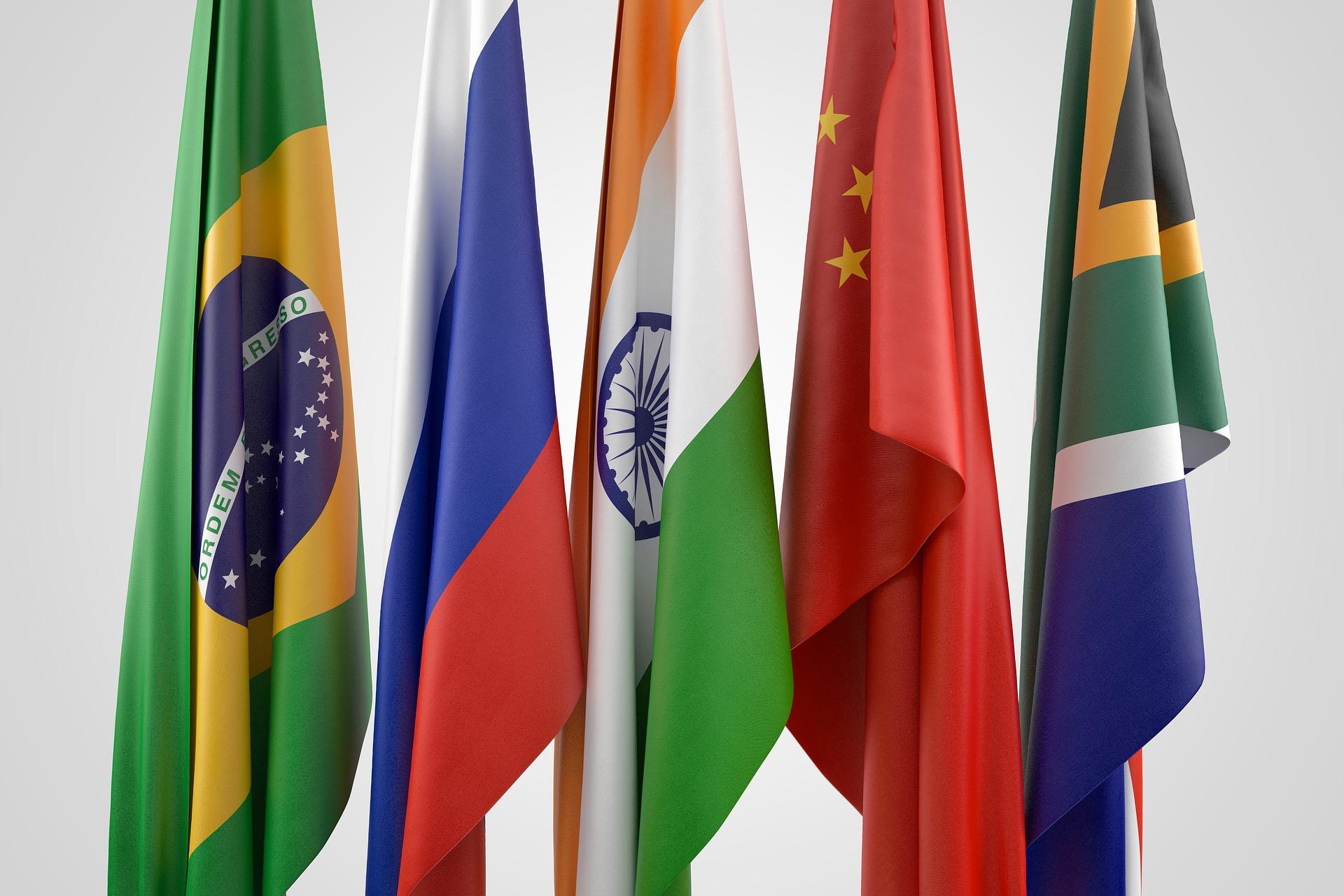
In just a few hours, the much-anticipated BRICS summit is set to begin—an event that has reportedly left the Western world, especially the United States, deeply unsettled. Unfazed by this, U.S. President Donald Trump seems unaware of the level of coordination and seriousness BRICS members have brought to this year’s meeting. This summit could mark a pivotal moment in global geopolitics, especially with BRICS preparing to take a bold stand against Trump’s tariff-centric trade policies.
According to sources familiar with the summit's preparations, a formal proposal is expected to be presented and possibly passed, directly challenging the unilateral trade decisions made by the U.S., particularly under Trump’s leadership. Though the document refrains from naming Trump or the United States explicitly, the implications are unmistakable.
The draft resolution, which has already been circulated among member nations—Brazil, Russia, India, China, and South Africa—severely criticizes measures taken without global consensus. These measures, according to the draft, have disrupted international trade systems and created instability in global commerce. The reference is clearly to Trump’s increasing use of tariffs as punitive tools, including his warnings of fresh tariffs on countries like India, set to take effect from July 9.
The timing is particularly significant. While the U.S. plans to reintroduce strict tariff measures on July 9, BRICS leaders are preparing to issue a united statement just days before, directly opposing such protectionist policies. This maneuver appears to be an attempt to set the global narrative ahead of the U.S. announcement.
Russia and China are leading the charge within BRICS, advocating for a firmer and more direct rebuke of Trump-era economic nationalism. They argue that such policies are not only unfair but also damaging to multilateral cooperation. However, unity within BRICS on this issue isn’t absolute. India, in particular, finds itself in a difficult position. On one hand, it seeks to maintain and grow its economic relationship with the United States. On the other, it is expected to align with BRICS principles and show solidarity with the group’s broader anti-unilateralism stance.
This internal division could influence whether India fully supports the proposed declaration. India’s decision is critical, not only for the success of the resolution but also for the future cohesion of BRICS as a political and economic bloc. Should India decide to withhold full support, it may affect the strength and clarity of the group’s message.
The summit’s agenda doesn’t stop at trade and tariffs. Another key issue expected to be addressed is the ongoing humanitarian crisis in Gaza. A separate draft statement is reportedly being finalized that condemns the Israeli military’s operations in Gaza, the obstruction of humanitarian aid, and the alleged use of starvation as a weapon of war.
Here too, India is walking a diplomatic tightrope. New Delhi has been deepening its ties with Israel and has refrained from directly criticizing Tel Aviv’s military actions since the conflict began. At the same time, India maintains a traditional alignment with the Palestinian cause and is sensitive to the broader geopolitical implications of siding too strongly with either bloc. In contrast, Russia and China appear ready to openly denounce both the United States and Israel on these matters.
The Gaza resolution, like the trade one, will likely avoid naming specific countries. Yet, its target is again clearly identifiable. The emphasis is expected to be on collective BRICS disapproval of any actions that aggravate humanitarian crises, block aid, or violate international law. Such a statement would further highlight the growing East-West divide, particularly as the Global South asserts itself more confidently on the world stage.
The BRICS summit, therefore, arrives at a moment of intense geopolitical friction. The decisions made—especially those related to U.S. tariffs and Middle Eastern conflicts—could ripple through diplomatic channels globally. Whether BRICS can present a truly unified front, particularly with India’s nuanced foreign policy goals, remains to be seen. But one thing is clear: the group is no longer content with being a passive observer. This year, BRICS appears ready to push back—firmly, collectively, and strategically.
Disclaimer
This article is based on current developments and draft documents under discussion at the upcoming BRICS summit. Final decisions may vary depending on internal negotiations among member countries.




